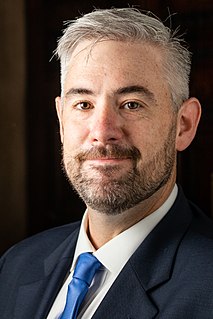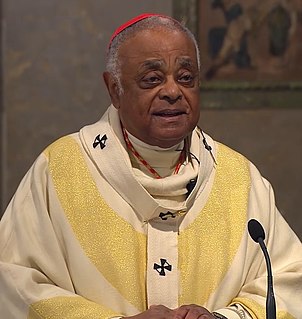A Quote by Randi Weingarten
I loved teaching social studies. And I loved starting each year by teaching about John Locke and the social contract. That lesson helped me teach not just about our rules for the classroom, but how, in our democracy, we give up some individual rights to ensure we collectively have the right to live and prosper in a society.
Related Quotes
The theory of social contracts extends as far back as Plato. However, it was the great 18th century social philosophers John Locke, Thomas Hobbes, and Jean-Jacques Rousseau who brought the concept of a social contract between citizens and governments sharply into political thinking, paving the way for popular democracy and constitutional republicanism.
They're rights that should be endemic to any democracy. The right to a free quality education, from elementary school right through higher education. The right to have a decent social wage. The right to a decent job. Political rights; the right to vote. These are all parts of the social contract, from the New Deal onwards, that never went far enough.
It's a social contract we make. We're willing to give up certain things. We give you the right to tax us. We give you the right to lock us up. We give you the right to put us on surveillance, search our homes, whatever and, in exchange, we get a functioning society that keeps us relatively safe, and that's the tradeoff we make.
I actually really liked teaching. I started teaching at UCB when I was in college. I would get someone to fill out an internship form or something so I would get the credit. But why did I start teaching? I loved it. I loved doing improv and loved UCB and wanted to be a part of that world and that community.
What social safety net does is provide a glimmer of hope for what a democratic socialist society might look like. It makes the claim that without social provisions, without a welfare state, without a social contract, society can't survive. We need a foundation for people - economically, politically, and socially - where what the Right considers "entitlements" are really rights.
We all like to think the world ends when we do. The truth is our acquaintances, our friends, and our loved ones all live on, and through them, so do we. It's not about what you had, but what you gave. It's not about how you looked, but how you lived. And it's not just about being remembered. It's about giving people a good reason to remember you.




































